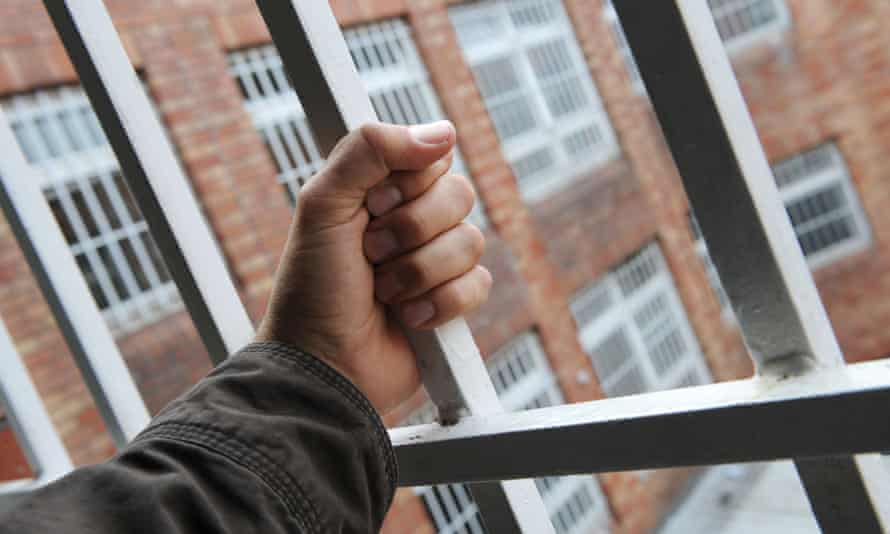SAY WHAT
Sex between coaches and teenagers in their care to be made illegal in England and Wales
Crime bill closes legal loophole for sports and religious leaders and extends some sentences
Religious leaders and sports coaches could be banned from having sex with 16- and 17-year-olds in their care under plans to expand child abuse laws in England and Wales.
The move would close a legal loophole under so-called position of trust laws, which already apply to teachers and doctors among other professions, and would make sexual relationships between people in these positions and those they supervise illegal.
The government’s pledge follows prolonged calls from campaigners amid concerns predators in such roles could exploit the influence they have on young people, leaving them vulnerable to abuse.
Peter Wanless, the chief executive of the NSPCC, said: “We are delighted that after relentless campaigning, the government has finally listened to our calls and agreed to close this legal loophole.
“This landmark step sends a clear message that children and young people can return to the extracurricular activities they love without being at risk of grooming by the very adults they should look to for support and guidance.”
It is one of a raft of measures proposed by the government in its police, crime, sentencing and courts bill, which is due to be introduced to parliament on Tuesday as part of efforts to overhaul the justice system
The wide-ranging plans will also look to bring in whole life orders for child killers and allow judges to hand this punishment out to those aged 18 to 20 in exceptional cases, such as for acts of terrorism causing mass loss of life.
Life sentences could also be imposed on killer drivers, and automatic release halfway through jail terms could be ended for serious violent and sexual offenders.
The bill proposes court orders to help crack down on knife crime and to give police powers to make it easier to stop and search those suspected of carrying a knife.
It also plans to increase the maximum penalty for criminal damage of a memorial from three months to 10 years, give police more powers to tackle non-violent protests that cause significant disruption, and crack down on unauthorised encampments.
The proposals seek to place a legal duty on councils, police, criminal justice bodies, health and fire services to address serious violence and share intelligence.
As part of the bill, deaf people could sit on juries for the first time, with sign language interpreters allowed into jury deliberation rooms.
The justice secretary, Robert Buckland, said the bill would give the “police and courts the powers they need to keep our streets safe, while providing greater opportunities for offenders to turn their lives around and better contribute to society”.
Priti Patel, the home secretary, said it would help “stop violent criminals in their tracks, putting the thugs who assault officers behind bars for longer and strengthening the support officers and their families receive”.
But some campaigners hit out at the plans. The human rights group Liberty branded measures to crack down on protests an “assault on our rights”, adding: “They risk stifling dissent and making it harder for us to hold the powerful to account.”
On plans for longer sentences, Peter Dawson, the director of the Prison Reform Trust, said: “There is not a shred of evidence to show that this runaway inflation in punishment reduces crime.”
Kate Paradine, the chief executive of Women in Prison, described jails as a “dead-end” that would not solve the underlying problems of offending or make communities safer.

No comments:
Post a Comment